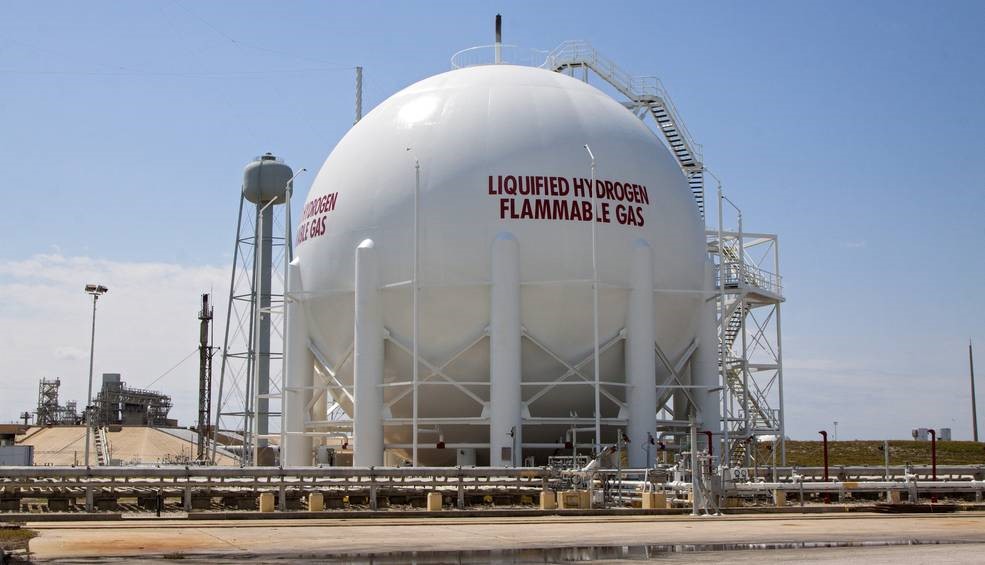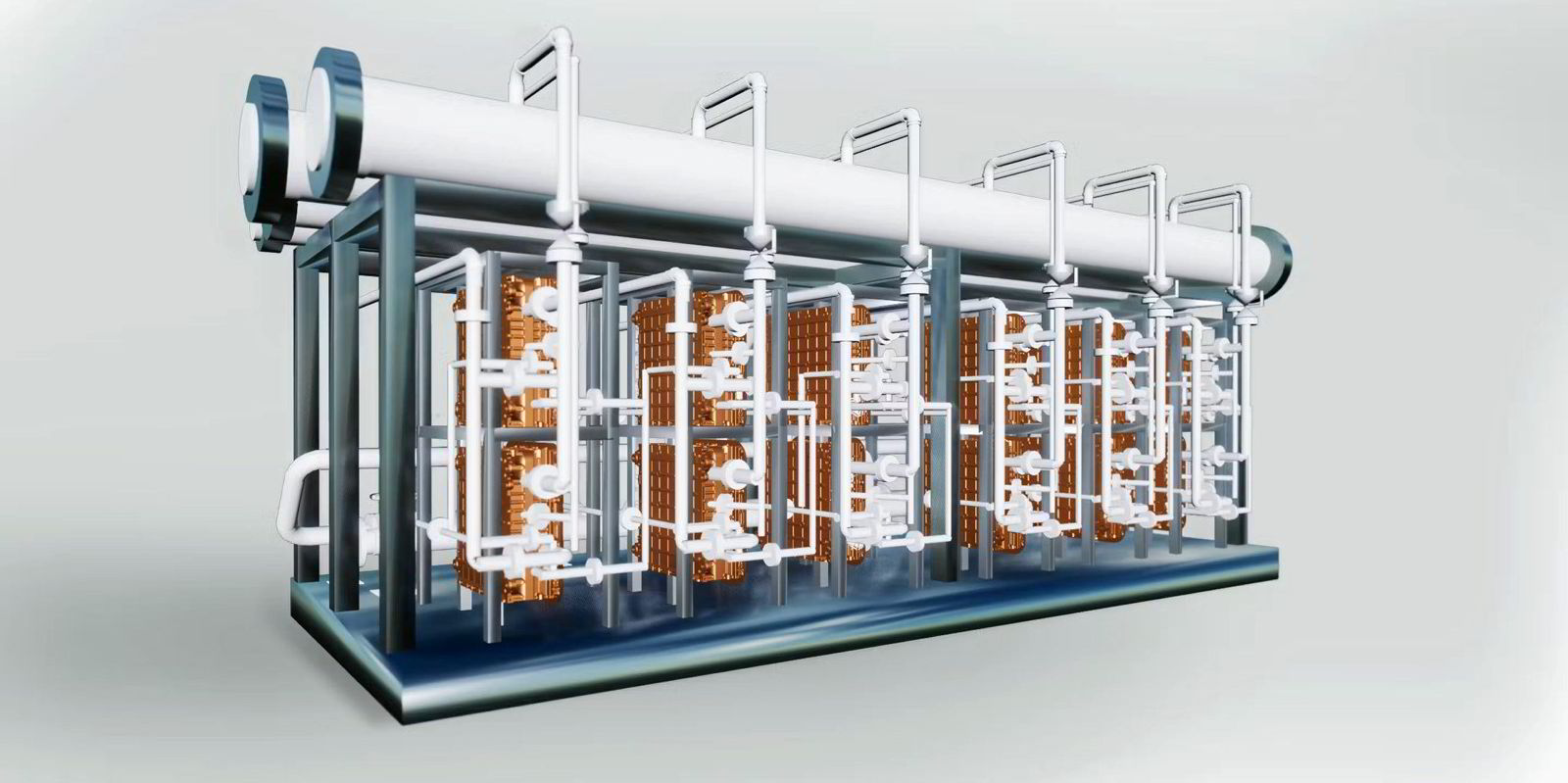You can't use Wikipedia to define words, dude.
A fossil is an image or a plant or animal cast in stone or that has become stone. Typically, fossils are found in sedimentary rock and are made up of carbonates.
Coal is not a fossil (but it may contain fossils). Coal is primarily carbon, an element.
Oil is not a fossil. It is a liquid. It is a hydrocarbon. It does not come from fossils. Oil is found MUCH deeper than any fossil layer and is a renewable fuel.
Natural gas is not a fossil. It is a gas. It is a hydrocarbon. It does not come from fossils. Natural gas is found in biology (farts), compost piles, other bacteriological action, along with oil, and even in their own wells. It is a renewable fuel.
I suggest you become familiar with the Fischer-Tropsche process (which synthesis hydrocarbons from carbon dioxide (or carbon monoxide) and hydrogen, using heat, pressure, and an iron catalyst...all conditions found naturally underground.
The theory that hydrocarbons came from fossils has been falsified. They are found WELL below any fossil layers, and the Fischer-Tropsche process shows why.




